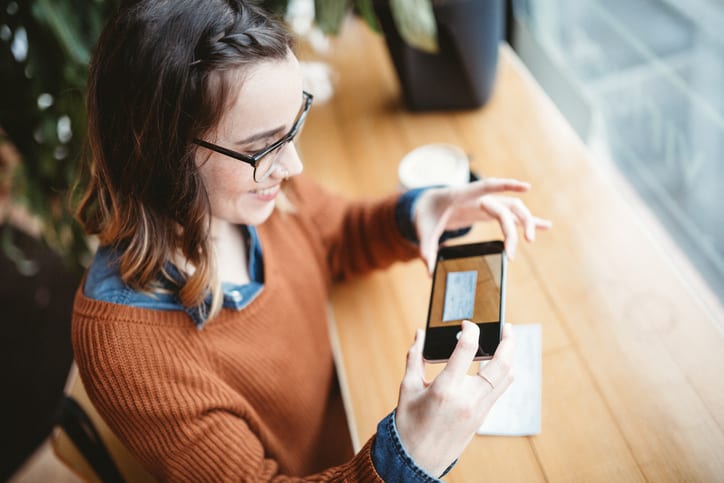What to Know Before Opening Your First Bank Account
So, you’re ready to open your first bank account? Congratulations! Establishing your own bank account is an important rite of passage in your financial life. Not to mention a strong foundation which will allow you greater independence and future success. We’ve created a quick guide to introduce you to the ins and outs of opening your first accounts.
Checking Accounts
Think of a checking account as your primary account in which the majority of your money lives, and which you use to pay bills and make everyday “debit” purchases. Most young adults open their first checking account when they start working, usually around age 16 or so. This type of account allows employers to easily and conveniently distribute paychecks via direct deposit.
Opening a checking account is simple. Here’s what you should bring to the bank:
- Photo ID such as driver’s license or passport
- Parent/guardian if under the age of 16
- Basic information (birthdate, phone number, SSN)
- Initial deposit ($25-$250 depending on type of account)
Here are some common benefits that you can expect:
- Debit card
- Direct deposit
- Mobile/online banking (ex. mobile check deposit)
- Automatic bill pay
- A “round up” feature
Keep in mind that not all checking accounts are the same. Many banks have more than one option, so be sure to discuss these with your bank’s customer service representative. For your first account, we advise that you choose one with no monthly fees, low overdraft fees and no or low minimum balances. Checking accounts are a safe place to hold your money, while also allowing you to easily manage and access your money.
If you are under the age of 16, Auburn Savings requires a parent or guardian to open and remain on the account with you. Learn more about checking account options at Auburn Savings here.
Savings Accounts
A savings account is meant for future purchases or for creating a “rainy day” fund or store of money for a future need. Here you can make deposits to your emergency fund, summer vacation, a new car, college tuition—whatever your savings goals are! Money in your savings account also earns interest, further building your personal wealth.
Did you know? 70% of Americans have less than $1,000 saved; 45% have $0 saved.
In most cases, you can open a savings account at the same time you open your checking account and with the same materials required to open that account. Here’s what to look for in a savings account:
- No monthly fees
- Low minimum balance
- Competitive interest rate
Some banks offer a “round up” feature that links a qualifying checking account to a savings account. Here’s how it works: for every debit transaction you make, the purchase price will be rounded up to the nearest dollar. Then, the change will automatically be added to your savings account. It’s a super convenient way to get into the habit of saving without even having to think about it.
Learn more about savings account options at Auburn Savings here.
You may be thinking, “Why go to the bank when I can use PayPal or Venmo?” Yes, these online services and apps are user-friendly and allow you to make purchases and transfer money. However, both need to be linked to an existing bank account to make any payments. Just like a bank, these apps need a source of funds to be used. That’s where the need to have an existing bank account comes into play!
Having an account established at a brick-and-mortar community bank can give you peace of mind that your money is safe and secure. It also gives you the opportunity to create a relationship with experts that you can trust with all of your financial decisions.
If you’re ready to open checking and savings accounts, reach out to us for more personalized guidance. For answers to your financial questions, bank on us.

